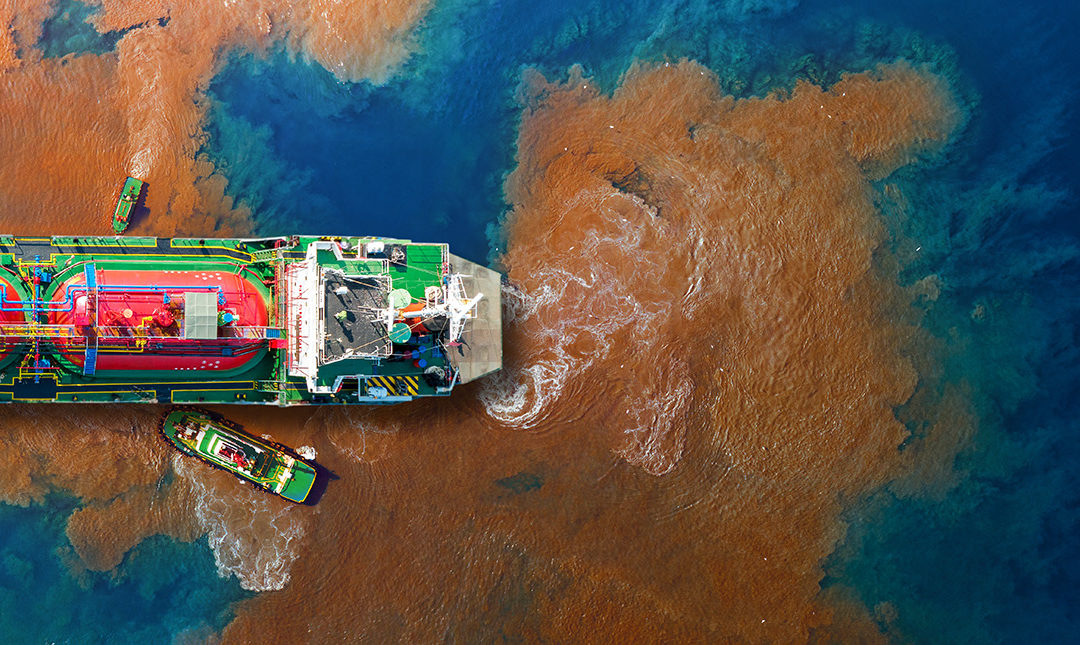The Truth is Out There
Throughout history, investigative journalists have been revered, reviled, and repressed, often simultaneously and resulting from the same story. That should not be all that surprising, as exposing the truth often pleases one constituency at the expense of another, and sometimes the displeasure is so extreme that it can turn dangerous. This makes investigative journalism – when practiced in its purest form – a noble profession, and those who practice it are courageous warriors for truth and justice. Investigative journalism deals with serious issues and typically focuses on political events, societal trends, environmental issues, social justice, and personal, corporate, or governmental accountability. At its core, investigative journalism involves the “unveiling of matters that are concealed either deliberately by someone in a position of power, or accidentally, behind a chaotic mass of facts and circumstances – and the analysis and exposure of all relevant facts to the public.” While an investigative journalist performs many of the same functions as a traditional journalist, they tend to focus more on analyzing and reporting on a specific topic to unearth some hidden truth. Investigative journalists must have the skills to identify, observe, gather, assess, record, and share relevant information, conduct thorough journalistic research, evaluate information appropriate to their media, and understand the data collected.
Commerce or Advocacy
We debated long and hard over whether investigative journalism should come under advocacy or commerce. After all, a professional journalist is supposed to gather and report the facts and not advocate for one outcome versus another. However, since the reporting generated by investigative journalists is often then used to advocate for a particular outcome, we thought it best to include it under advocacy. We are not implying that investigative journalists intentionally skew facts to arrive at a predetermined outcome. Rather, an investigative journalist (or their employer) can advocate simply by selecting (or choosing not to select) a particular topic to cover. Most other types of journalists usually react to specific events “of the moment” and beyond their control (e.g., wars, natural disasters, elections).
Investigative Journalism and the Ocean
There is a long history of investigative journalism exposing crimes that involve the ocean, marine life, and ocean resources. Investigative journalists are not only responsible for exposing environmental crime but for helping to combat it by demanding accountability. Illegal dumping, illegal fishing, the unchecked runoff of toxic industrial waste, destructive seabed mining, piracy, and smuggling, are all ocean-related crimes that investigative journalists have exposed. But as the ocean covers 70% of the Earth, with a good portion of that beyond any legal jurisdiction (e.g., the “high seas”), there is no shortage of topics and stories to cover.
A great place to start learning about ocean-related investigative journalism is with the Outlaw Ocean Project. The Outlaw Ocean Project is a non-profit journalism organization that produces investigative stories about human rights, environment, and labor concerns involving the ocean. It was founded by former New York Times reporter Ian Urbina, whose series The Outlaw Ocean chronicled a diversity of crimes offshore, including the killing of stowaways, sea slavery, intentional dumping, illegal fishing, the stealing of ships, gun-running, stranding of crews, and murder with impunity.
Print, Broadcast, or Online
Traditionally, investigative journalists worked at newspapers, magazines, radio stations, or television stations. Today, you can find investigative journalists plying their trade through blogs, websites, mobile apps, podcasts, and social media platforms (often referred to as “digital media”). These additional media outlets have significantly increased the opportunity to engage in traditional and investigative journalism. However, be aware that unless you are already an established journalist, the credibility afforded any investigative report will depend on the credibility of the platform on which it is being published or broadcast. That’s because an investigative report from a well-established news organization – whether in print, broadcast, or online – will have gone through a rigorous fact-check process before it ever sees the light of day. That does not mean you should be dissuaded from either contributing to an existing platform or creating your own forum to publish your investigative reports. It is an excellent way to build a body of work and establish yourself in the field. Just remember to use the same rigorous standards employed by news organizations because, as we all know, the Internet is forever, and a shoddily investigative report can come back to haunt you.
Please visit our Investigative Journalism snapshot to learn more about investigative journalism and access Ocean Connect’s wide range of educational and career resources.

